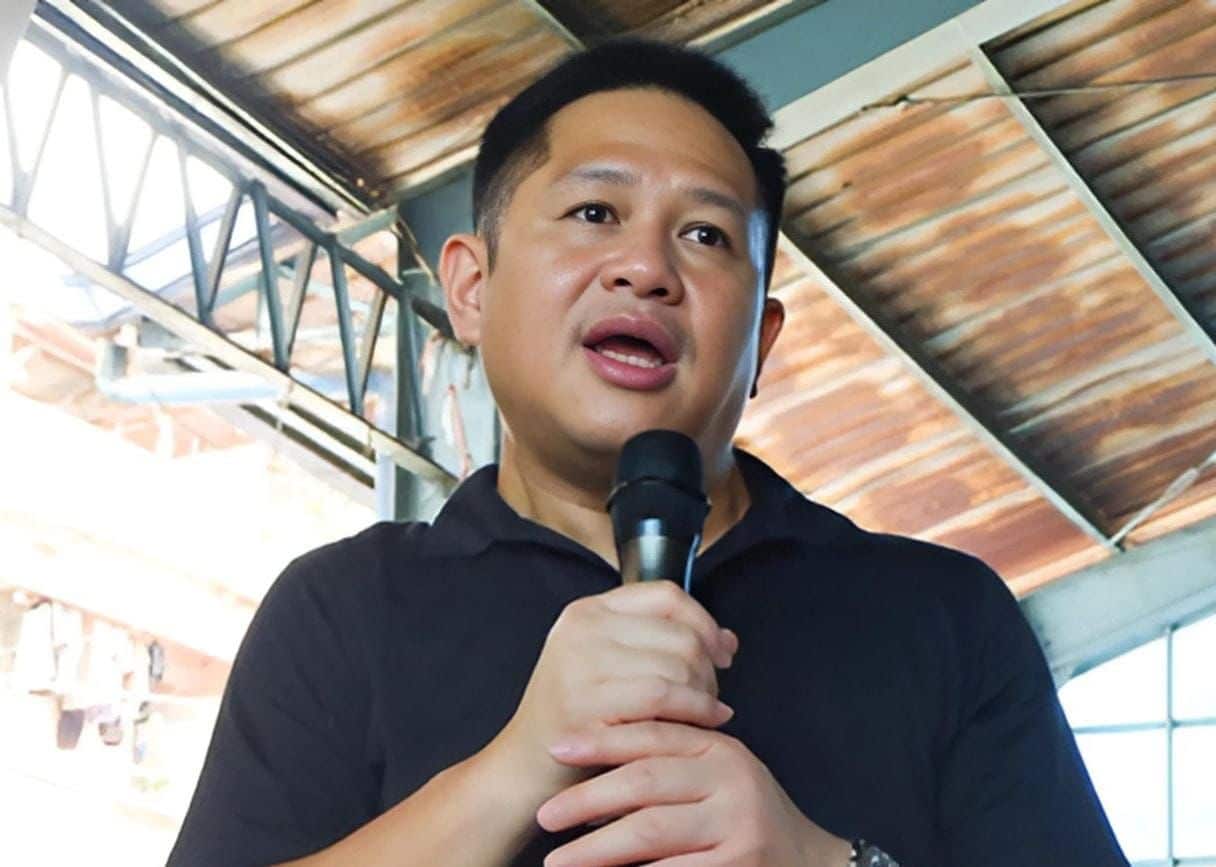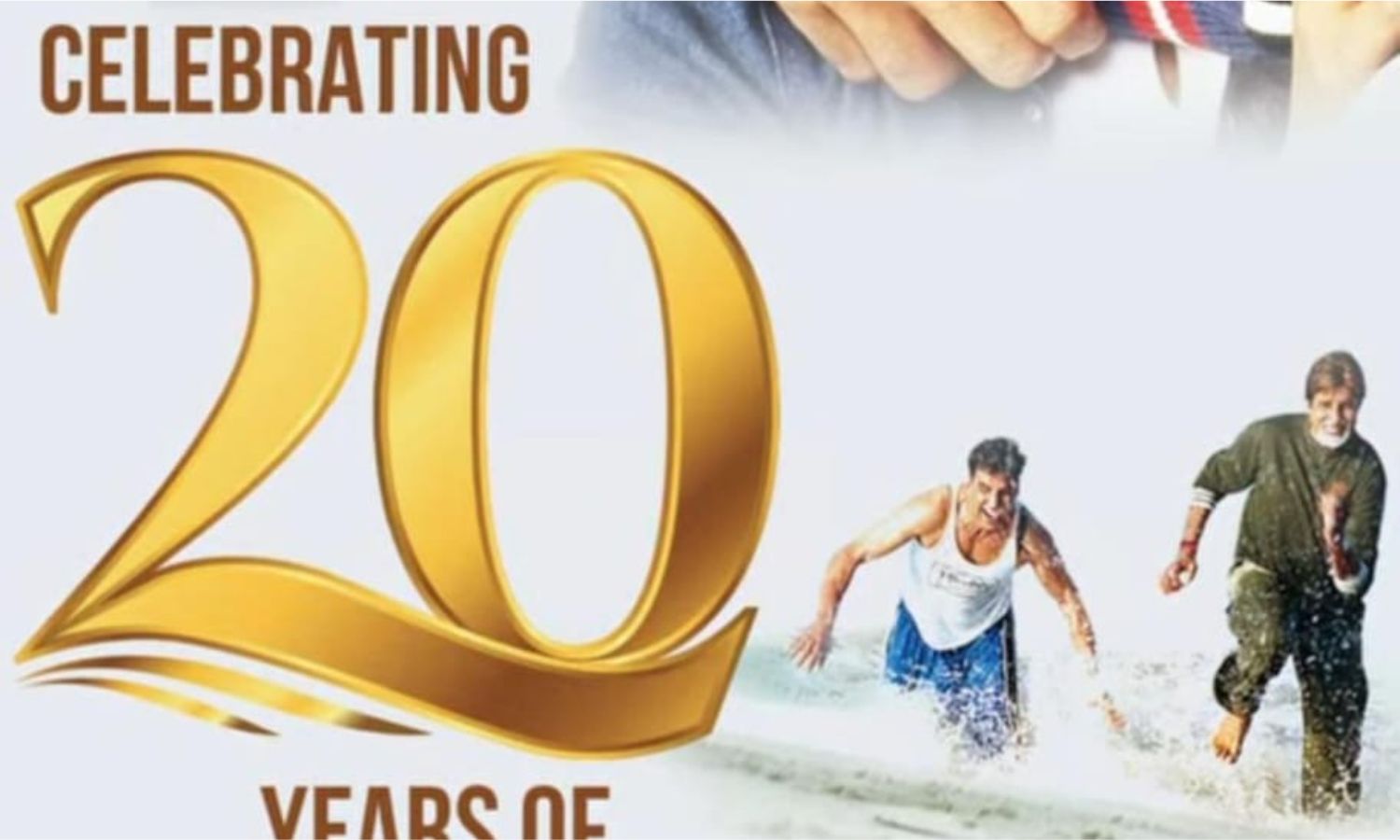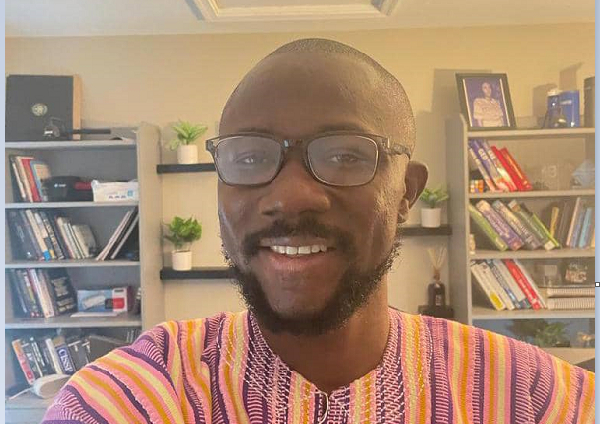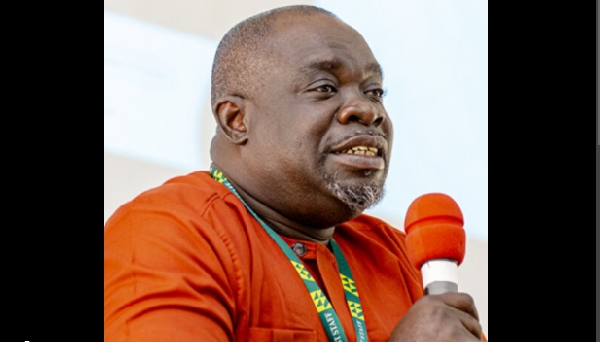The dynamics of global power in the 21st century present a profound shift. Whereas previously, Western countries had a grip on the global economy, politics, environmental policies and natural resource management. However, the emergence of developing economies including China, South Africa, India and Brazil has reshaped geopolitical frameworks, posing contemporary problems and possibilities for sustainable development.
This is transferring power away from traditional centers and there is an absolute need to establish a more equated and transparent system for resource management. Apparently, sustainable resource management ensures that natural resources can be handled in a way that serves current demands while not jeopardizing the needs of future generations. This requires abandoning exploitative, profit-driven extraction methods and adopting policies that emphasize environmental protection, social justice, and economic resilience.

In this, emerging powers can use their growing global status to establish a new global order, which will be based on the principles of sustainability and responsible resource management and will serve as a framework for promoting environmental stewardship. Gold prices dip by Rs3,300 to Rs348,700 per tola Rising powers around the world are already reshaping the structures of global governance, most notably China, which has become the largest investor in renewable energy and key minerals, while India is playing a prominent role in green hydrogen and sustainable agriculture. At the same time, countries such as Russia, Brazil and South Africa are not merely influencing macroeconomic decisions but also questioning the supremacy of financial institutions.
This implies that when power is decentralized, developing countries will have more opportunities to negotiate fairer trade deals and implement sustainable policies. Nevertheless, this shift carries an imminent risk that past unsustainable strategies may be reproduced if a new style of governance is not introduced. This is being debated on various platforms and conferences, with most of the discussion and exchange of ideas centered on the West’s anxiety about the emerging economic power of China.
This has raised many interesting questions, which were related to the present transitional phase in which the current international system is now moving towards a foundation that is free from American dominance and monopoly, which is certainly new but its balance is still uncertain. The emergence of China as an economic powerhouse has dramatically reshaped international politics, setting in motion a pattern of power redistribution that is particularly troubling to the West. Rupee gains 09 paisa against dollar While Western countries are concerned about the shifting balance of power, there is unwarranted concern that most countries are increasingly turning to China.
However, there is also recognition that China’s strategy of cooperation for trade and development can be an example for other countries to emulate. Yet, it is also being objected that China is undermining the international system and has no regard for the responsibilities that fall upon it as a strategic leader of the global economy. China’s perspective on this has been that the shift in the global economic landscape is real and will last for a long time, as Eastern countries and states will continue to lead economic development and increase their weight in terms of global gross domestic product.
As a result, there will also be a major change in the structure of global governance. The balance of power is shifting once again. For more than four centuries, the West alone has held the world in its grip.
Three centuries belonged to Europe and the twentieth century belonged to America. But now Russia and China are jointly paving the way for the Asian century. Both have no shortage of natural resources and are not inferior in technology.
China is very strong economically, while Russia’s economy does not have enviable stability; however, it has been able to skilfully hide and suppress its weaknesses through extraordinary advances and expertise in modern sciences and arts. The United States has ruled the world as the sole superpower (along with Europe) for five decades. Even in the presence of the former Soviet Union, matters were in the hands of the United States, but now a lot is changing.
The United States has not been very strong economically, but since it has held a key and leading position in the global political and economic system, it has maintained its superpower status to some extent due to this advantage. But it is difficult to say how long it will be able to hold on, because there are now many centers of power on global stage. PSX turns around to bullish trend, gains 449 points This world used to be bipolar, meaning that the United States and the Soviet Union ran the affairs, then it became unipolar, indicating that decisions were made only by the will of the United States and now it is multipolar, meaning that several centers of power are jointly controlling the world.
China and Russia are also jointly asserting their power in global politics and economy. India is also trying to emerge in its own way, but the question is what is Pakistan doing? Pakistan’s geographical location in the South Asia region may and has provided a great deal. If the leadership of the country is stable, then with the help of their location, national strength can be increased to an extraordinary, even enviable extent.
Therefore, internal disputes will have to be overcome and obstacles will have to be removed from the path of whatever anyone can do for Pakistan. Apart from Europe and America, other emerging powers also need Pakistan massively, but this developing nation have not been able to be favorable to emerging powers so far. A lot needs to be done in this regard and there is also a dire need to keep up with the changing times.
Commerce minister meets UN Agri-Food delegation to advance nutrition, trade, GI-reforms Attiya Munawer The writer is an activist and environmen talist. She covers human rights and politico-environmental issues. She tweets @AttiyaMunawer and can be reached at attiabutt121@gmail.
com Tags: global shift.
Politics

The Global Shift

The dynamics of global power in the 21st century present a profound shift.














